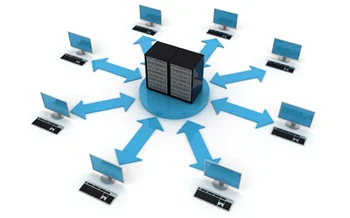Bring Your Own Device, or BYOD, to work was an idea a few years ago that is becoming a reality very fast. To use your personal smartphone, tablet or laptop for work seems increasingly natural. Employees are embracing this concept without any serious reservations. As more and more business activity becomes technology driven, to have electronic gadgets right by your side all the time make sense. According to a survey conducted by Logicalis about 75% of employees in high growth markets such as Brazil and Russia and 44% in developed markets bring their own devices to work.
Let's examine all the factors causing people to want to use their own devices at work.
- Familiarity: This may be the most relevant reason for someone to bring their own tablet or laptop to work. It may be the operating system, web browser, or other apps on their devices that they know so well and feel comfortable using.
- Convenience: Companies have been providing their employees mobile phones for business use for a few decades. Now those employees have to carry two phones, since everyone also has a personal phone. This duality is a nuisance. It is hard enough to care for one mobile phone and now they have to worry about two of them. The reality is that companies expect employees to be in contact 24/7, so company devices can't just be used at work. They have to be carried home, out to the store, etc. If the employees have a choice they would much rather carry just one phone, their own, enabling them to be reachable by family and friends anytime. Also it could be cheaper if their company offers to share the cost of using their device for business.
- Productivity: Convenience can also result in better productivity. Having fewer devices means fewer distractions. Fewer distractions equals less wasted time. Saving time is always good for productivity.
- Personal contentment:It makes employees feel good to be able to use their own devices at work. Higher employee morale is very important for any organization. Happier employees are more likely to work hard. A positive environment is also a factor in lower turnover. So if an employer gives its employees the liberty to bring their own devices to work it may have more satisfied workers.
Overall, people in the workplace are using their own devices so they can accomplish more in less time. It makes them happy to have their personal devices at work, as well as making them feel good about their job if they are allowed to use the devices that they are most familiar with.





